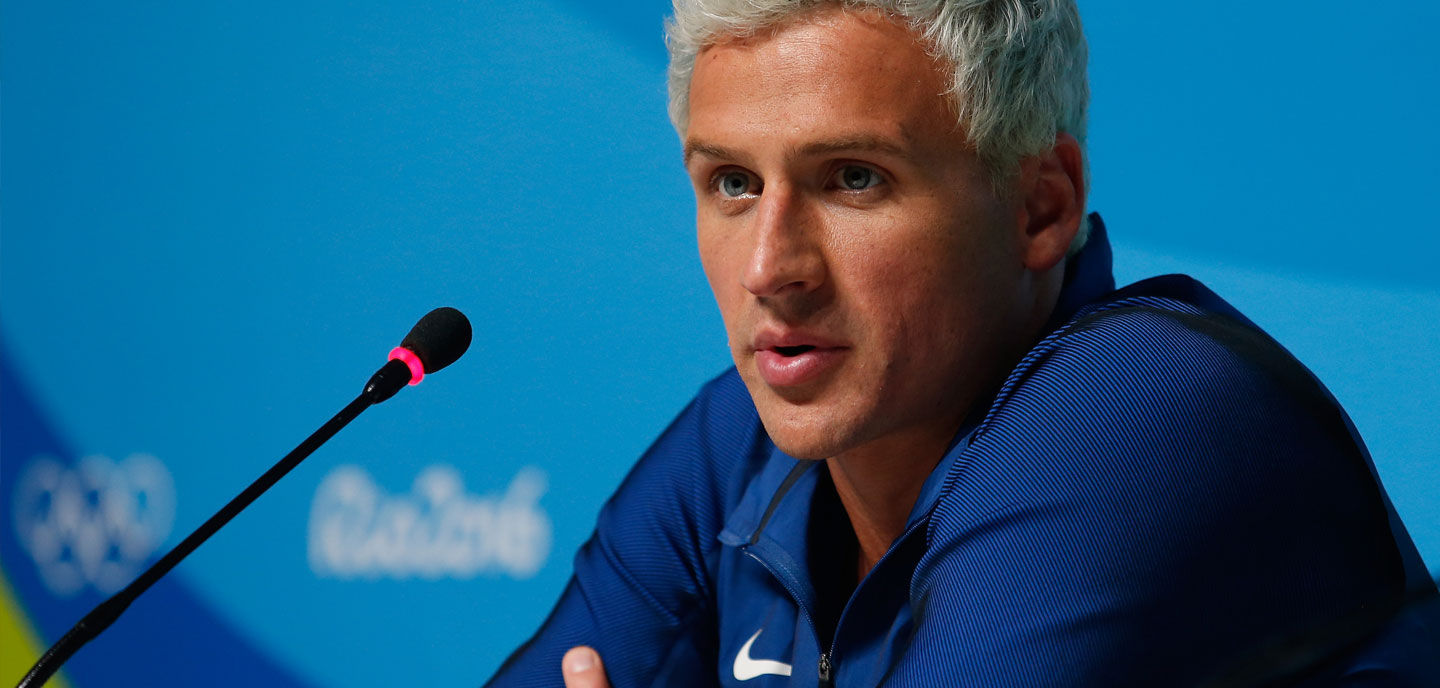Whether you are a die-hard sports fan or simply drawn to excellence in any endeavor, these Olympics did not dissapoint. Each day seemed to bring new records, stories of perseverance, and sportsmanship that embodies the Olympic spirit.
After a day away from the action, I eagerly turned on the TV late last week wondering what awaited me.
A few follow up stories on the epic performances of Simone Biles and the rest of the US gymnastics team?
An interview with Abbey D’agostino detailing the events surrounding what will surely become one of the lasting images of this Olympics with her act of sportsmanship?
What about the amazing story of the three US hurdlers who took the top three spots in the 100M hurdles, marking the first time in history that US women have done so in track and field?
Nope.
Get our "Top Articles" sent to your inbox weekly.
The story that dominated the headlines had nothing to do with what happened during competition. It was unnecessarily scandalous. By now, many of us know Ryan Lochte lied, or at the very least, exaggerated the truth to Rio police about the events of that night.
This incident and the details surrounding it brought three thoughts to mind.
It takes a lifetime to build a reputation and a moment to ruin it
The old fatherly warning still rings true today. It certainly stands true outside the athletic world, but the platform we give to athletes only magnifies the truth: it takes a lifetime to build a reputation and a moment to ruin it. One decision can undo or overthrow years of good ones, especially when you are a public figure.
Although his career was overshadowed—both literally and figuratively—swimming behind the wake of Michael Phelps, Lochte was in the conversation as being the second greatest swimmer.
Of all-time.
Despite his enormous success in the pool, he will be remembered by countless people for exaggerating this story.
And that is a shame.
We like an inspiring story, but we love a good scandal
I was frustrated that the media took a break from covering the stories of success and sportsmanship and focused so narrowly on #Lochtegate.
I was frustrated, that is, until I realized I was part of the problem.
As I watched the olympics with family and friends, we often commented on how much we liked specific athletes and cheered when our countrymen and women succeeded. When the scandal broke, however, we discussed it for days. We followed the story, wondering what was going to happen next. It consumed us.
This is not the media’s fault. They know us well. Some studies show that there are as many as 17 negative news stories to every 1 positive story.
Negative news, scandals included, are addictive. Until stories of positivity become our drug of choice, the media will continue to feed us what we currently crave.
It’s not just a little lie
I cannot recall the amount of times I have heard the following question: “why would God get so upset over a little sin, like a lie?” The following progression is usually pretty helpful:
What would happen if you lie to your friend? The relationship would temporarily hurt, but most likely you would both move on. No little harm done.
What would happen if you cheat in your sport and your coach catches you? At minimum you would be disqualified from the competition. Worst case? Kicked off the team.
What would happen if you cheat on an exam and your teacher finds out? Most likely you would get expelled from school.
Finally, what if you commit treason against your country? Best case scenario: life in prison. Worst case: death.
Each scenario tracks the consequences of a simple lie. Why do the consequences get progressively more severe? Because the object of your lying gets progressively more authoritative. Friend-Parent-Coach-Teacher-Country.
What counts is not the severity of the sin, but the authority of the person we are sinning against.
That is the reason why there are no “little lies” with God and it is the very reason we are making such a big deal about Ryan Lochte.
Ryan Lochte did not just tell a lie against a solitary friend—he lied against an entire, already embattled nation who will not take kindly to his public attempt at insulting them.
Can we just move on?
Lochte apologized, kind of, over twitter last Friday.
In his apology, he stated that “There has already been too much said and too many valuable resources dedicated to what happened last weekend, so I hope we spend our time celebrating the great stories and performances of these Games.”
Lochte wants us to move on and hints that this may have been made a bigger deal than it should have been.
We would do well to not follow his example in dealing with our mess before our heavenly Father. Let us not act towards Him like Lochte is acting towards Brazil.
A “little sin” against an infinite God deserves an infinite punishment. Our sin is a big deal to God.
We need no further proof of this than to look to the cross and His Son to see how He ultimately dealt with it.














